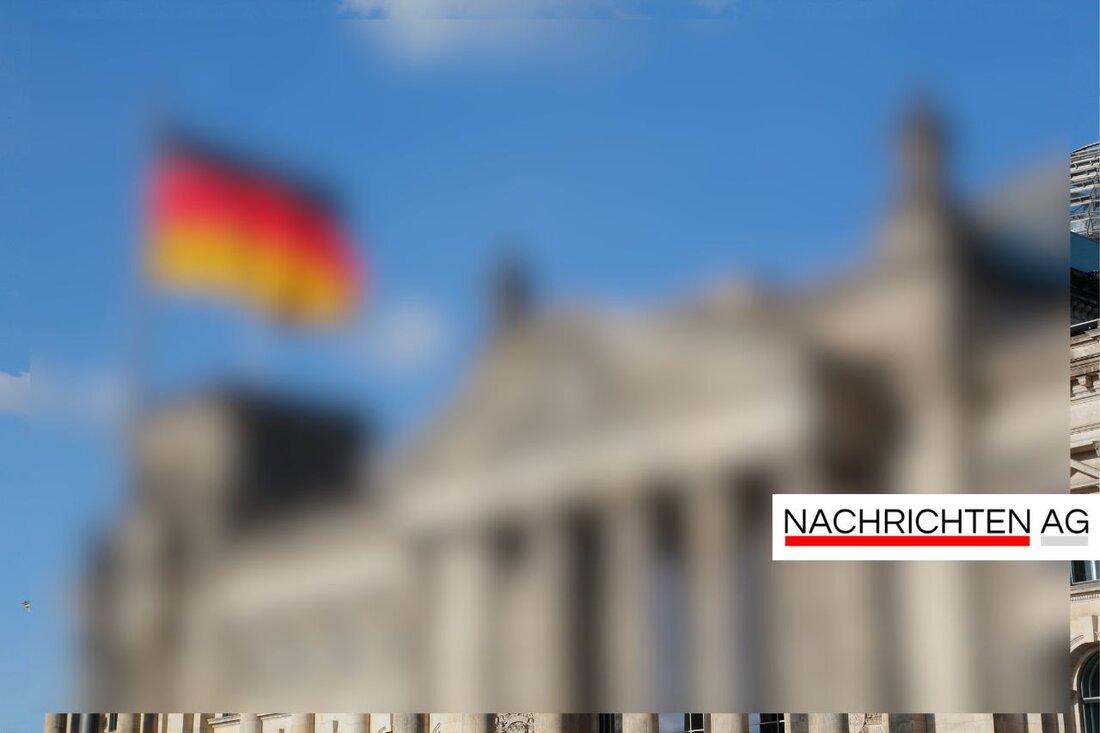E-Fuels: Bremerhaven starts production for the future of mobility!
Bremerhaven is starting the production of synthetic e-fuels that are intended to replace fossil fuels and support climate goals.

E-Fuels: Bremerhaven starts production for the future of mobility!
Today is an important day for the future of energy production in northern Germany: the first production plant for ocean-going synthetic fuels, also known as e-fuels, was officially opened in Bremerhaven. This innovative system marks a decisive step towards climate-neutral mobility, as e-fuels represent a promising alternative to fossil fuels. According to Golem's information Golem.de reports, production in this facility will be carried out using renewable energies. This means that the energy generated by wind and solar power is used to produce hydrogen through electrolysis.
The e-fuels themselves are made from this hydrogen and CO₂, with this process not only helping to reduce CO₂ emissions, but also ensuring that existing combustion engines remain usable. The ADAC sees synthetic fuels as an opportunity to operate existing vehicles in a climate-neutral manner and sees them as an important building block for achieving climate goals by 2050. Interestingly, political decisions, such as the agreement between the EU and the federal government on a ban on new combustion vehicles by 2035, taking e-fuels into account, are necessary in order to further advance their use ADAC explains.
E-fuels: opportunities and challenges
Despite the numerous advantages that e-fuels offer, the technology still faces some challenges. In particular, the efficiency of e-fuel production is lower than that of purely electric drives, which could affect ongoing costs. Nevertheless, the price of e-fuels is expected to fall below 2 euros per liter by the end of the decade. This could make e-fuels particularly attractive for areas where electric or fuel cell propulsion is not practical, such as aircraft and ships ADAC informed.
In addition to the Bremerhaven plant, other projects in Germany are also in progress, such as the e-fuel plant in Werlte and another in Frankfurt-Höchst, which are also intended to contribute to the production of e-fuels. The promotion and development of these technologies could encourage policymakers to continue investing resources in e-fuel research Golem.de reports.
A look into the future
Overall, it can be said that progress in e-fuel technology is of enormous importance not only for the automotive industry, but also for our society. The opportunity to continue using existing vehicles while reducing emissions should be viewed extremely positively by both consumers and industry. As the developments in Bremerhaven show, the future of mobility in Northern Germany and beyond lies in the combination of innovation, renewable energies and climate-friendly technologies.

 Suche
Suche
 Mein Konto
Mein Konto